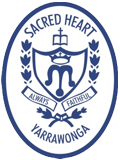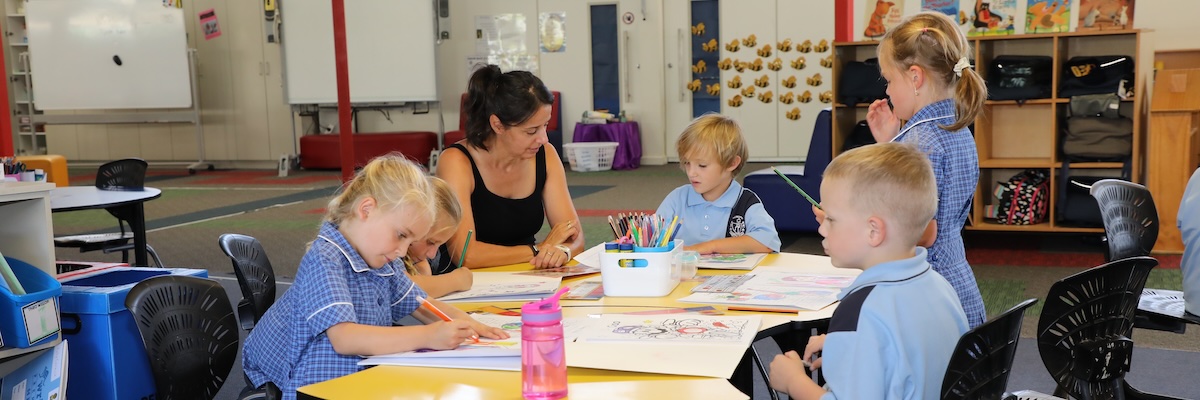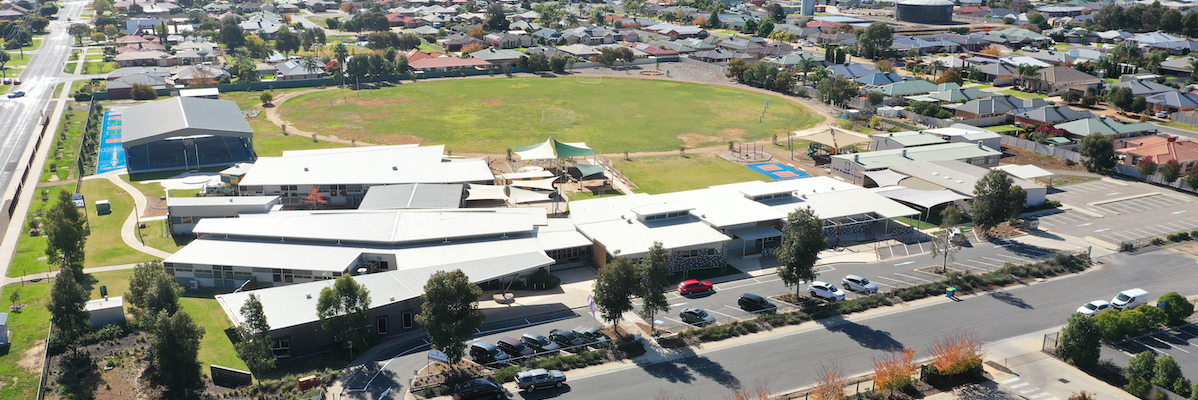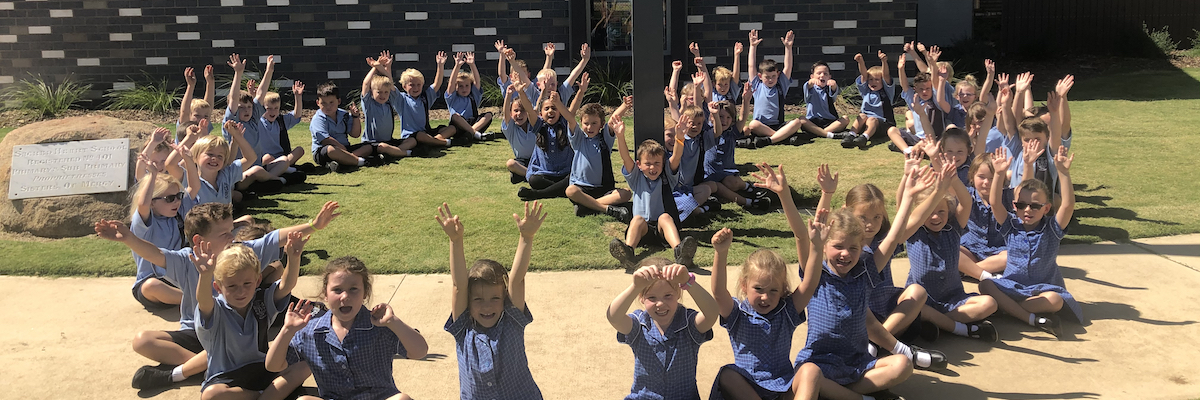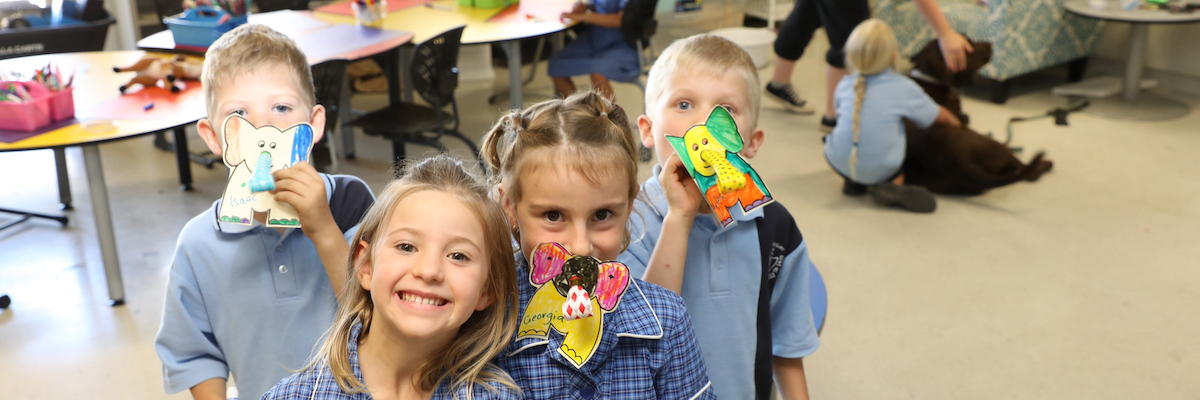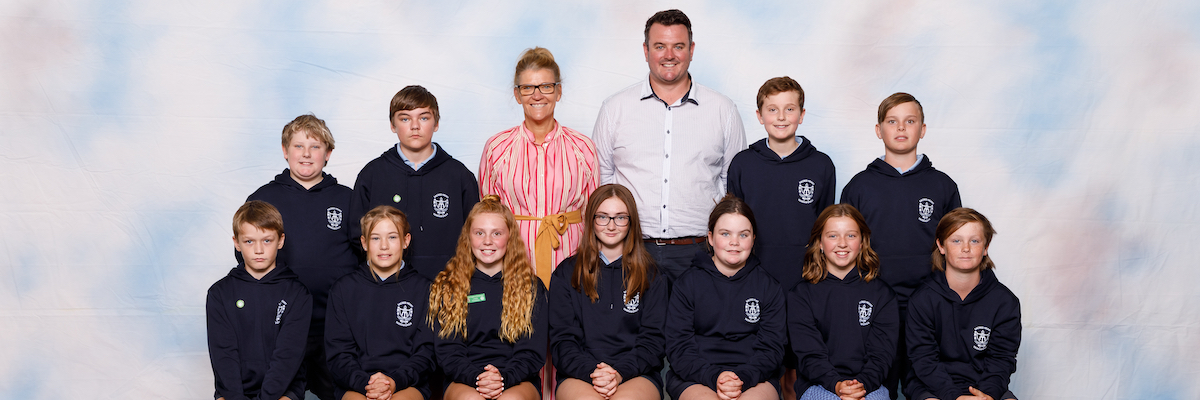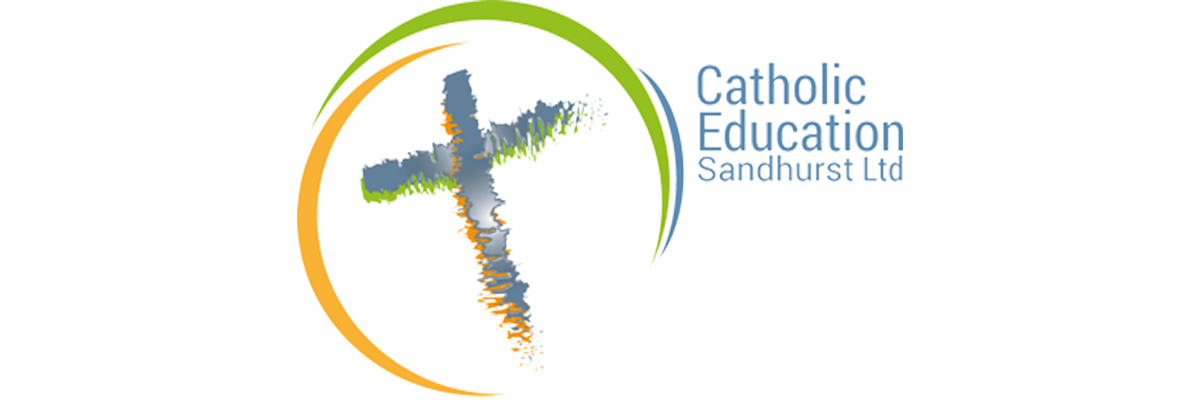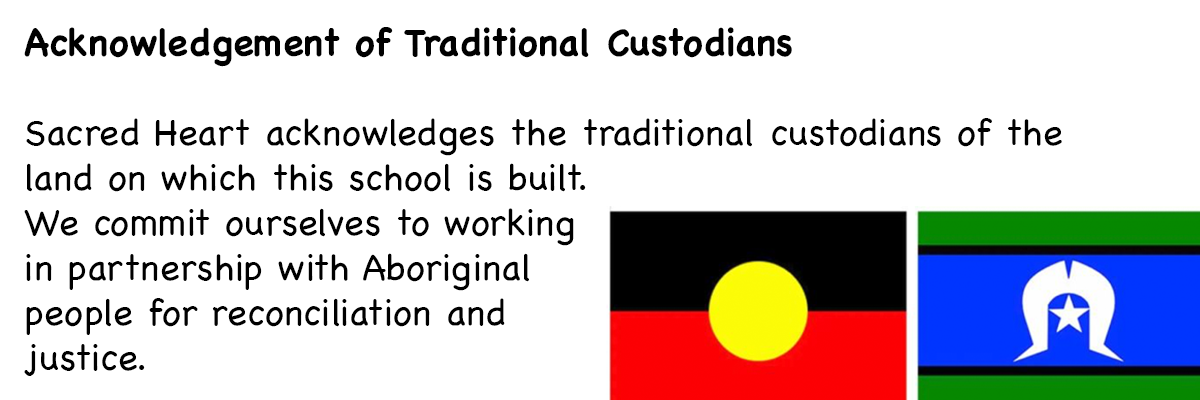learnteach
Magnify Sandhurst is for every student and every teacher at every Sandhurst Catholic school, every day.
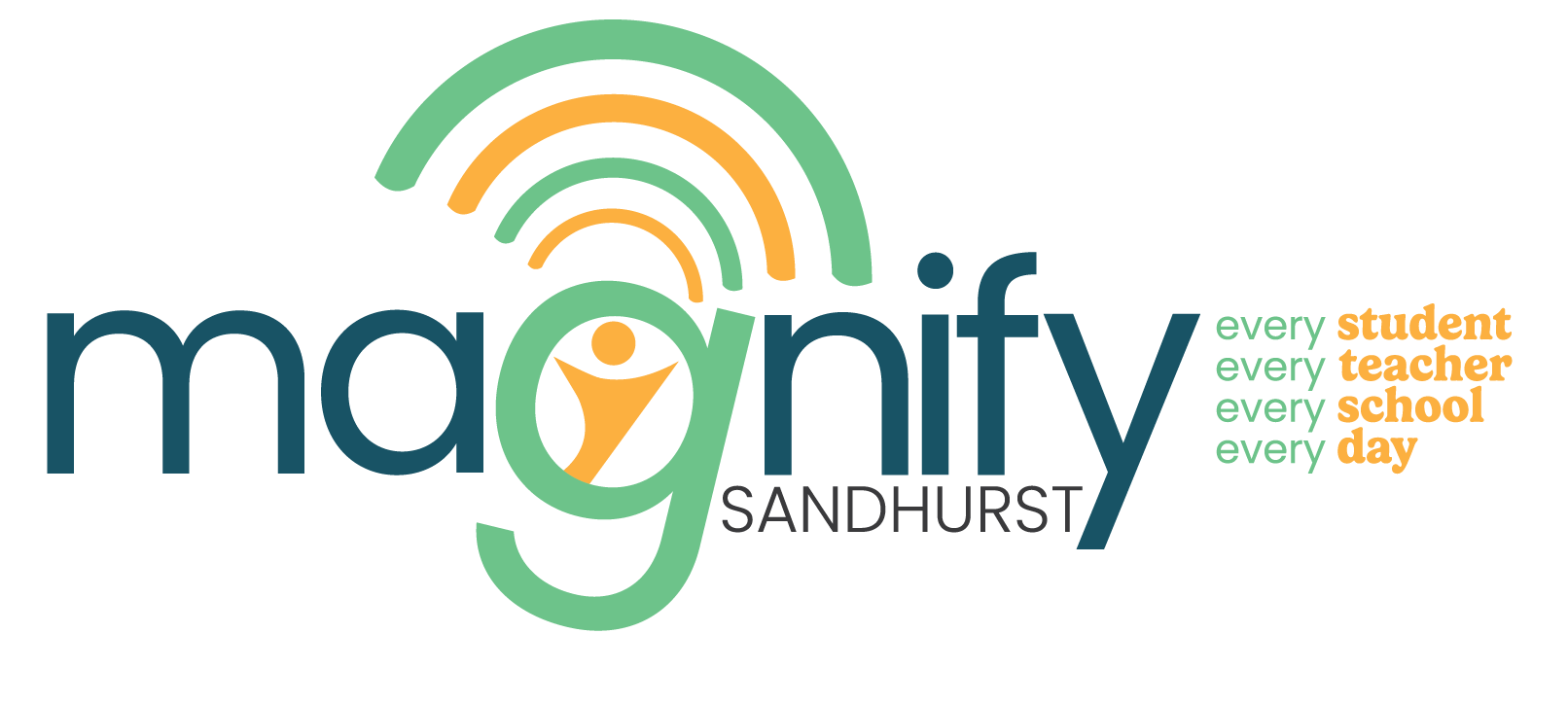
Sacred Heart Primary School's partnership with The Resilience Project started in 2022.
We work closely with The Resilience Project to support the wellbeing of our school communit.
The Resilience Project
Students participate in weekly lessons on Wellbeing Wednesday’s.
Our Partnership Program consists of online presentations and weekly lessons for students, professional development for staff, and a Parent & Carer Hub (inc. digital presentations) for our parent and carer community.
Click on the link to the Parent & Carer Hub to access parent presentations. The videos are 5-10 minutes long and will walk through the key pillars of resilience: Gratitude, Empa
This program is an important part of our school’s effort to look after the mental health of our community.
Introducing The Resilience Project – Parent and Carer Hub
We are pleased to share the Parent & Carer Hub with you.
The videos are 5-10 minutes long and will walk through the key pillars of resilience: Gratitude, Empathy & Mindfulness.
You’ll hear stories and be introduced to activities to show how these strategies can support our kids' learning and development, and also support you as parents and carers.
View the parent presentation here: https
Assessment & Reporting
Teachers will continually observe and assess your child’s learning in class. At different times a task or test may be set to gain a clearer idea of how well your child understands what has been taught. These are important feedback strategies for the individual student. In Victoria, NAPLAN is administered by the Victorian Curriculum and Assessment Authority for students in Years 3 and 5. Various opportunities are provided during the year to let you know your child’s progress:
- Two written reports are provided to families each year; and
- Two face to face sessions where you can discuss your child’s progress.
In addition to this, you can contact the school to arrange a meeting with the teacher if you have concerns or wish to have an update on progress.
Religious Education
- Religious Education is a life-long process to which Catholic schooling contributes. Its purposes are:
- To foster within each individual a growing understanding of, and relationship with, God.
- To help individuals to understand and immerse themselves in the practise of their Catholic faith tradition and to have an appreciation of the faith traditions of others.
- To enable individuals to participate fully in the life of the Catholic community, including liturgical celebrations.
- To heighten each individual's commitment to bringing their faith to life.
At Sacred Heart, Religious Education is based on the Sandhurst Curriculum Religious Education Framework which is called the Source of Life and is a vital part of the child's education. Religious Education topics are related to the child's life experiences. With careful guidance, the children are led to new insights about life, living and faith. We joyfully celebrate our faith together through prayer, liturgy and sacraments. We celebrate special days and events with School Masses, Assemblies and Paraliturgies.
The Scope and Sequence cycle has been developed to ensure that all students witness all Source of Life units in a two year cycle. The cycle is also considered in relation to the Liturgical Calendar of the Catholic Church and our school Integrated Unit Scope and Sequence to allow the necessary connection between the two.
Teaching of Religious Education at all levels of the school is based around the following strands: Jesus Christ, Church, Scripture, Sacraments, Christian Life and Christian Prayer.
Major Teaching Emphasis
Levels 1 & 2
Students learn about the initiation into God's family through the Sacrament of Baptism and the Church and how the story of Jesus calls us to think of others in our lives. Students will be encouraged to appreciate the beauty of the world God has created and how we should care for it.
Level 3
A strong focus for students at this level is the preparation for the Sacraments of Reconciliation (Year 3), and First Eucharist and Confirmation (Year 4). As full members of the Church, students are called to hear Jesus' message in their everyday lives through prayer and serving others. Students are called to celebrate the wonder of God's Creation through prayer and their actions.
Level 4
Students learn about the traditions and history of the Catholic Church and their role as Christians in society. Students revisit the Sacraments of Initiation (Baptism, Confirmation and Eucharist) and Healing (Reconciliation and the Anointing of the Sick) and develop an understanding of the Sacraments of Commitment (Holy Orders and Marriage). Students focus on their responsibilities to be people of justice and maintain harmony in creation and peace on Earth.
Christian Education for Personal Development (CEPD)
CEPD is concerned with the personal development of the individual given our commitment to Christian values. It is based on the development of the whole person and the development of healthy relationships.
CEPD is defined by four content strands which are addressed within the context of the teaching of the Catholic Church. The four content strands are Moral and Ethical Decision-Making, Adolescence and Healthy Lifestyle Choices, Relationships and Sexuality and Building Resilience.
(SSEB CEPD Policy, June 1999)
